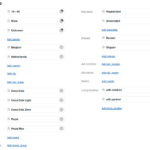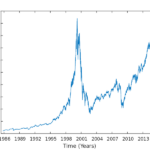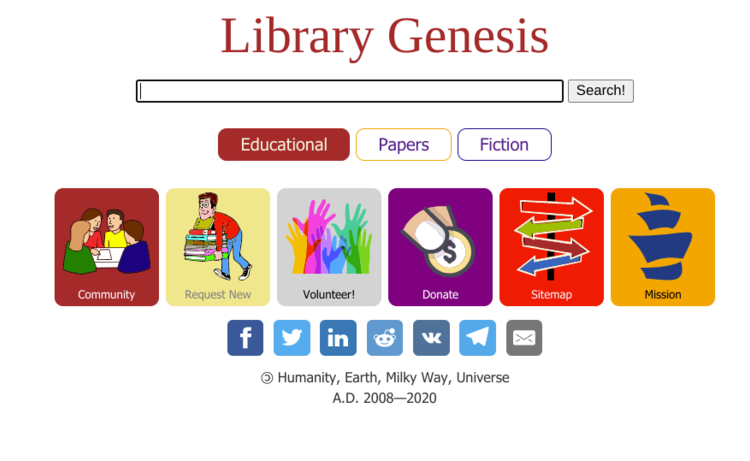Unlocking loyalty and spending in the booming gaming market!
- Banks are targeting millennials and Gen Z in the $57 billion videogame industry.
- Barclays has launched an Xbox Mastercard to attract gamers with rewards.
- JPMorgan Chase invested in Tilia for in-game purchase facilitation.
- Millennials are increasingly using credit cards as they start families and buy homes.
- The Xbox card offers lucrative rewards for gamers, with no annual fee.
In a bid to attract younger customers, banks are turning their attention to the lucrative videogame industry, which generates $57 billion annually. Barclays is leading this initiative with the launch of the Xbox Mastercard, designed to reward gamers for their purchases. This move mirrors past strategies where credit card companies targeted airline passengers to boost loyalty and spending. nnJPMorgan Chase has also entered the fray by investing in Tilia, a startup that facilitates in-game purchases, while financial technology firms are advertising during gaming sessions to reach millennials. nnThe Xbox Mastercard, introduced by Barclays in collaboration with Microsoft, offers gamers rewards for their spending. Early adopters like Matt Hertzog, a dedicated gamer, have found the card beneficial, earning points for game purchases and in-game currencies. nnMillennials, now in their late 20s to early 40s, have been slower to adopt credit cards compared to previous generations, partly due to stricter marketing regulations and the financial crisis. However, as they start families and face rising costs, their credit card usage is increasing. In fact, millennials surpassed baby boomers in U.S. credit card debt for the first time in 2023. nnBarclays is keen to tap into this demographic, which skews younger than traditional airline cardholders. The Xbox card does not charge an annual fee, relying instead on interest payments to generate revenue. While some users find it ideal for their gaming expenses, others question its overall value for general use. nnAs banks explore this new frontier, the success of credit cards in the gaming sector remains to be seen, but the potential for growth is significant.·
Factuality Level: 7
Factuality Justification: The article provides relevant information about banks targeting younger customers in the videogame industry, supported by statistics and quotes from industry experts. However, it includes some anecdotal evidence and personal opinions that may not universally apply, which slightly detracts from its objectivity. Additionally, while the article is mostly factual, there are moments where the language could be seen as promotional rather than purely informative.·
Noise Level: 7
Noise Justification: The article provides relevant information about banks targeting younger customers in the videogame industry, supported by examples and data. It discusses trends in consumer behavior and the financial strategies of banks, which adds depth. However, it lacks a critical analysis of the implications of these strategies and does not hold powerful entities accountable, which prevents it from achieving a higher score.·
Public Companies: Barclays (BARC), JPMorgan Chase (JPM), Microsoft (MSFT), Sony (SONY), Capital One (COF), Bread Financial (BFH), Synchrony Bank (SYF), Wells Fargo (WFC)
Key People: Matt Hertzog (Program Manager), Brian Riley (Co-head of Payments at Javelin Strategy & Research), Denny Nealon (Head of Barclays’s U.S. Consumer Division), Mike Perri (Millennial User)
Financial Relevance: Yes
Financial Markets Impacted: Credit card industry, banks
Financial Rating Justification: The article discusses how banks are targeting younger customers in the videogame industry to boost loyalty and spending by offering rewards when they charge their cards. It mentions collaborations between banks and gaming companies like Barclays with Xbox and JPMorgan Chase investing in Tilia. This impacts financial markets as it involves credit card providers and banks trying to attract a new demographic of customers, potentially increasing their customer base and revenue.
Presence Of Extreme Event: No
Nature Of Extreme Event: No
Impact Rating Of The Extreme Event: No
Extreme Rating Justification: The article discusses banks targeting younger customers in the videogame industry and does not mention any extreme events.·
 www.wsj.com
www.wsj.com 





